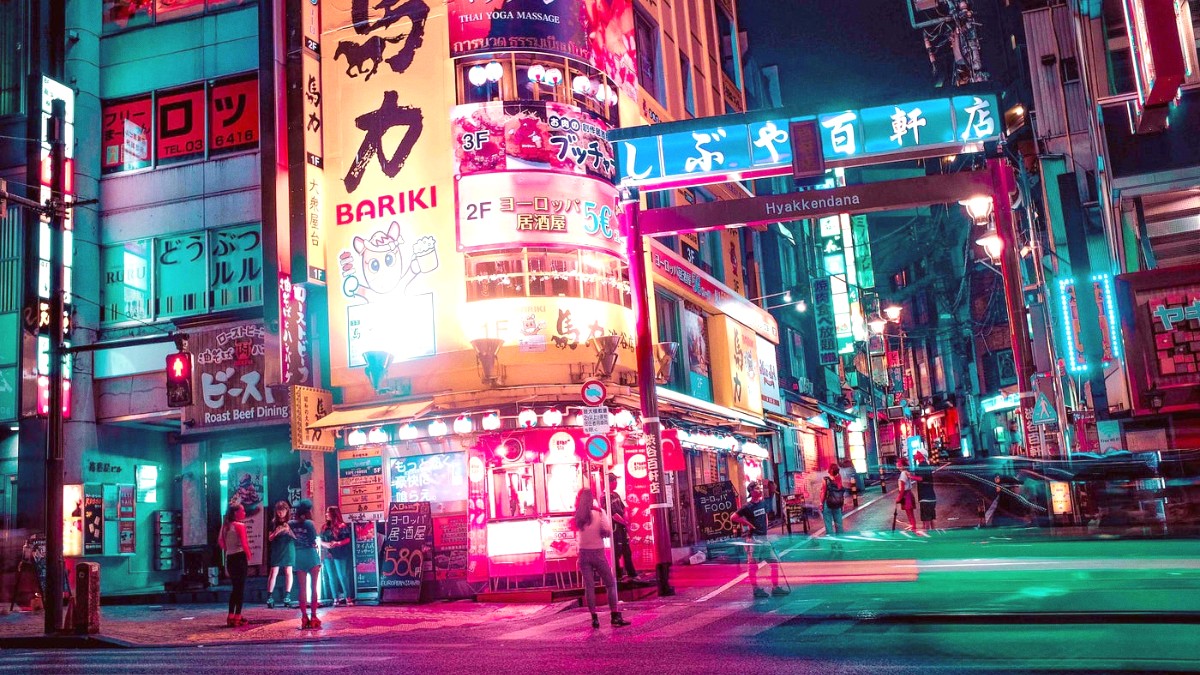
North Of Tokyo, Japan
Several choices for mobile internet access exist for travelers.
Finding Wi-Fi in Nikko.
Communicate effectively despite language differences.
Learn some Japanese phrases for common interactions.
Mobile internet access is straightforward with various options, including eSIMs and portable Wi-Fi. English support is common in main tourist areas, but a translation app is useful elsewhere.
Plan your day around typical operating times.
Shrines and temples open 8:00/8:30 AM to 4:00/5:00 PM, earlier in winter.
Lunch 11:30 AM-2:00 PM, Dinner 5:00-9:00 PM (last orders around 8:00 PM).
Typically 10:00 AM-6:00/7:00 PM. Convenience stores are 24/7.
Access your money when needed.
Be aware of national holidays that could impact services.
Verify opening hours and holiday impacts to plan your Nikko visit. Seasonal weather conditions can change accessibility in higher elevation areas.
Respect local customs for a positive experience.
Politeness is valued. Dress appropriately.
Understand Japanese dining etiquette.
Be respectful with your camera.
Avoid common mistakes.
Respect local customs for a smooth visit. Pay attention to shoe removal, dining practices, and photography rules.
Plan for accessibility challenges.
Access can have limitations in historical areas.
Find what works for you.
Limited specialized services.
Seek specific details for accessibility.
Nikko's historical sites present accessibility considerations due to uneven terrain and many steps. Research specific locations for mobility information.